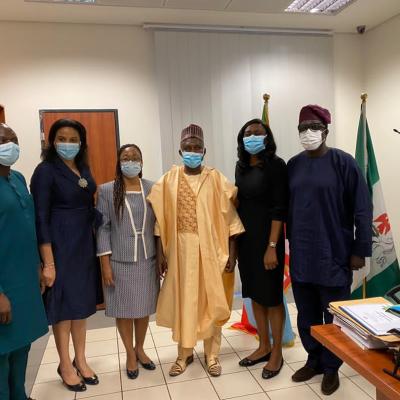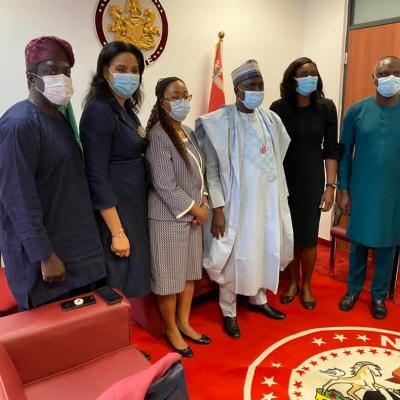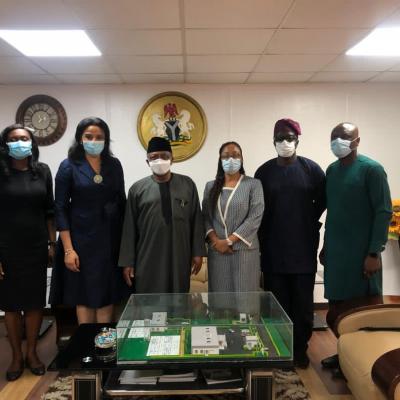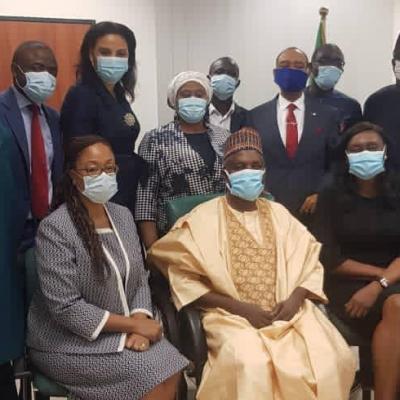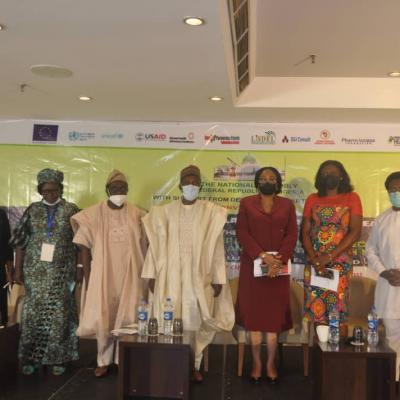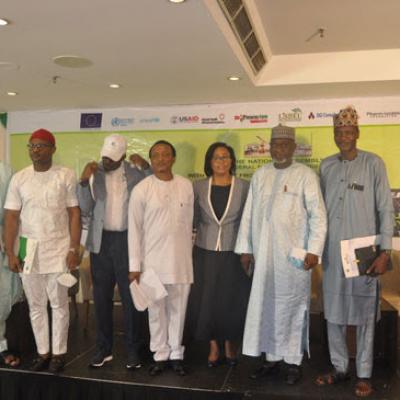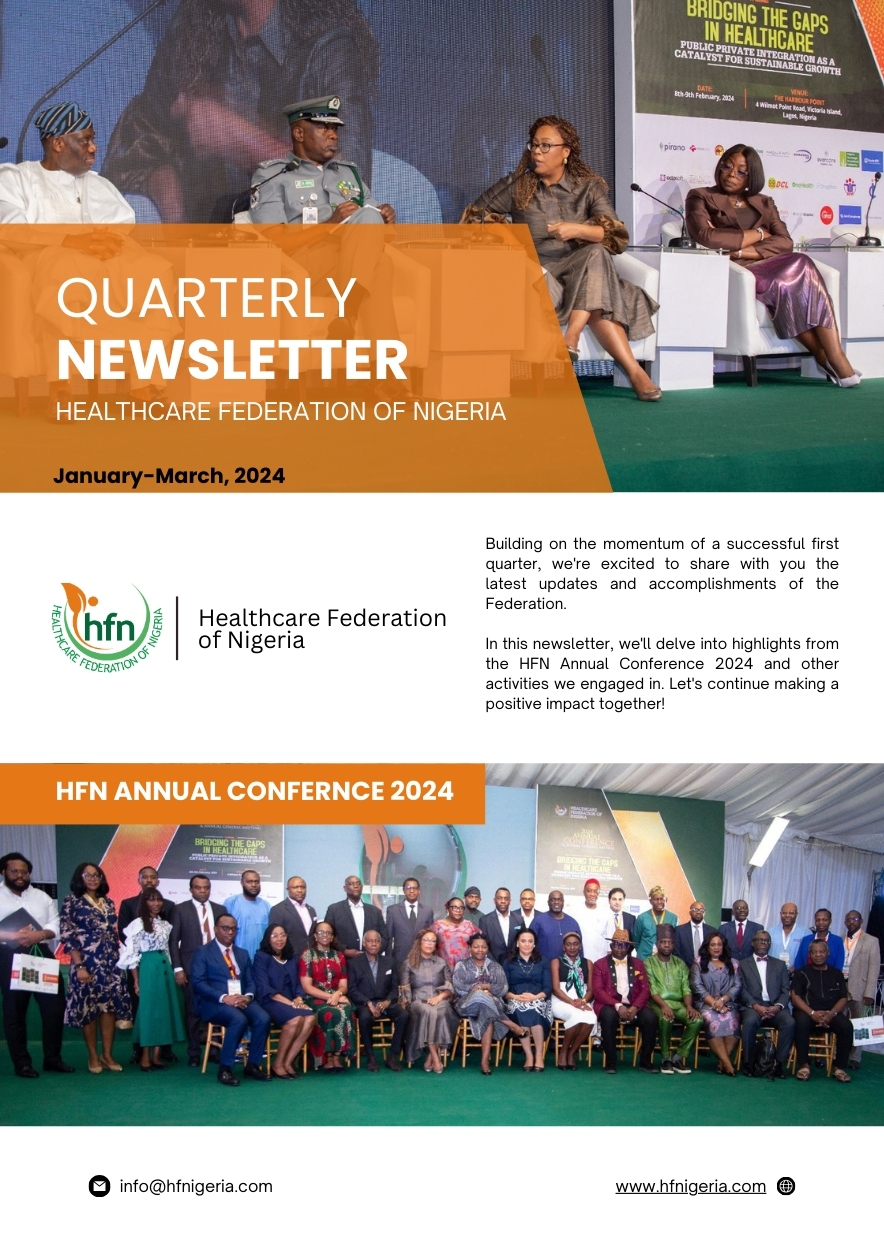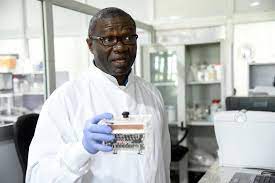 A Professor of Molecular Biology and Genomics in the Department of Biological Sciences, Redeemer’s University Nigeria, Ede, Osun State, Christian Happi, says it is dangerous for Nigeria not to have facilities for vaccine manufacturing.
A Professor of Molecular Biology and Genomics in the Department of Biological Sciences, Redeemer’s University Nigeria, Ede, Osun State, Christian Happi, says it is dangerous for Nigeria not to have facilities for vaccine manufacturing.
Prof. Happi spoke on Thursday at a webinar organised by The Conversation Africa – a platform created to drive engaging discussion on socio-economic issues in Africa. Speaking at the webinar themed: ‘Nigeria and the next pandemic: preparedness, response, and vaccine,’ Happi said it is also dangerous for Africa not to have vaccine production facilities that can help respond to an epidemic or pandemic.
According to him, “It is dangerous for a country of 200 million people not to have a single facility that can help provide vaccine.
“It is dangerous for a continent of 1.3 billion people not to have vaccine production facilities that can help a continent respond to an epidemic or a pandemic.”
He said though Nigeria was privileged to have some skeletal infrastructures in place to respond to COVID-19, it could have done better.
“Were we better prepared? The answer is no. We saw the government ramping up, the treatment centres started from three to over 100 diagnostic centres across the country but the question is, are these diagnostic centres effective, and are they still working?
“Could we have more diagnostic centres and make them effective? Is the surveillance system in the country adequate? Are we testing enough to represent what is going on in the country?
“My answer for those is clear. I don’t believe we are testing enough, which means we could do more,” he said.
Speaking further on the treatment centres, the don noted that Nigeria has a lot of active centres in the peak of the pandemic in 2020 but many of the centres have been deactivated because the number of COVID-19 cases is going down.
“Now, in a situation whereby we are having more COVID-19 cases growing in West African countries- infections in Liberia is up, infections in Sierra Leone is up and we have infections in other countries across Africa, which is over 2000 percent in some cases.
“The question is do we have what it takes if we have a surge in the country? Can those new centres be reactivated and do we have the human resources to face the surge like the one happening in India and other countries?
“We have done well in the past by sequencing the first genome in Africa but do we have enough genome data to know exactly what is going on in the country,” he said.
Happi added that the country has about 45 different variants in circulation but it does not know why the variants are circulating.
“We have identified variants of concern, variants under investigation and variants of interests in the country but the question is do we know why are the variants circulating in different parts of the country?
“The answer to that is no,” he said.
Happi, however, called for a strong collaboration between the public health system, ministries and the Nigeria Centre for Disease Control and the academia in order to prepare the country against future pandemics and epidemics.
“Right now, we depend a lot and absolutely on the outside world on diagnostics and testing and that makes us very vulnerable.
“It is a good thing to say we have a biobank and the May and Baker public-private partnership but is it functioning?
“The biobank is not new, it’s been on for a long time. How come we were not prepared and we are still at the point where we cannot produce vaccines for Nigeria?
“Do we need a new pandemic before we get the biobank up and running? How come with all of the information and the available knowledge, we are not able to produce vaccines and diagnostics?
“Preparedness against future pandemics will rely a lot on the ability of Nigeria to be able to produce its own vaccines and diagnostics and there is a need to accelerate those processes.
“There is the need to put the forces together both in the public, private sectors and the academia coming together with a framework that can prepare the country.”
The expert said it is very crucial for Nigeria to invest in health security.
source: HealthWise

